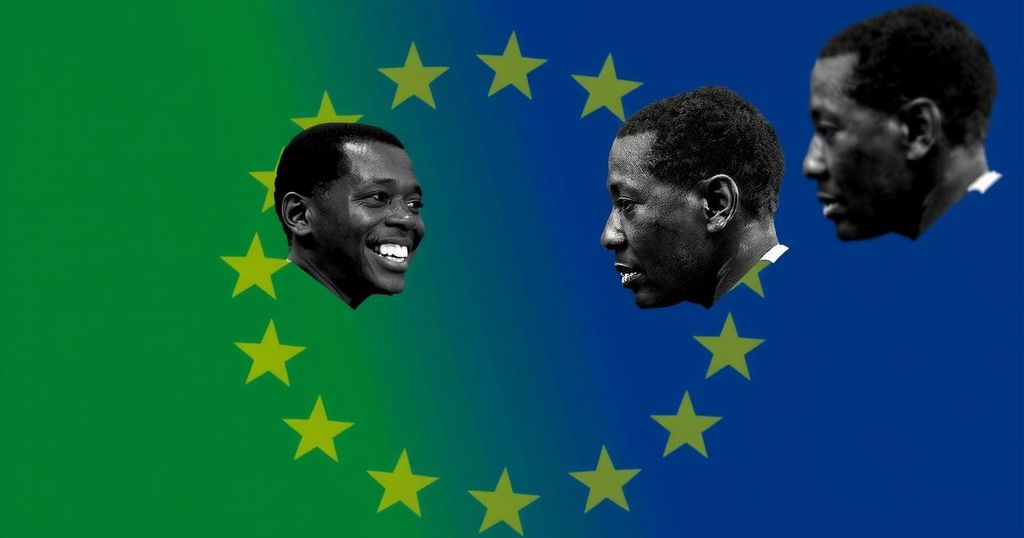Election irregularities reported in Mozambique by EU observers are igniting unrest, with opposition candidate Venâncio Mondlane leading protests after alleged political assassinations. Credibility of election results is questioned, exacerbated by a compromised electoral commission website and accusations of fraud from opposition parties. Protests have faced violent police responses, highlighting a tense political climate as the nation moves toward announcing election outcomes.
Election monitoring reports from the European Union (EU) indicate significant anomalies in the vote counting process in Mozambique. Unrest has intensified as opposition groups mobilize against alleged electoral fraud. Independent presidential candidate Venâncio Mondlane has accused state security forces of murdering his lawyer, Elvino Dias, and another political figure, Paulo Guambe. The EU’s observer mission documented instances of ‘irregularities during counting and unjustified alteration of election results’ at both polling and district levels, urging electoral authorities to ensure a transparent counting process. Meanwhile, protests erupted in cities including Maputo, where demonstrators faced police resistance, resulting in injuries and numerous arrests. The country’s electoral commission is under scrutiny after stating its results website was compromised, thereby hindering access to election data. This election cycle marks a critical political juncture following President Filipe Nyusi’s decision to step down after two terms.
Mozambique is facing an escalating political crisis as the nation approaches the announcement of election results from the general elections held on 9 October. Following the coverage of the elections, various reports have surfaced regarding potential discrepancies and electoral malpractice. The European Union’s observer mission is one of several entities monitoring this electoral process, expressing serious concerns about the integrity of the results amid accusations from opposition parties. The political atmosphere is further charged by the recent violent killings of prominent opposition figures, which have sparked widespread protests and demands for accountability. Democratic processes in Mozambique are particularly significant, given the longstanding one-party rule by the Frelimo party since its independence from Portugal. The current election presents an opportunity for political change, as the incumbent president, Filipe Nyusi, is not seeking reelection.
The situation in Mozambique underscores a critical moment in the nation’s democratic journey, with significant accusations of electoral fraud and political violence casting doubt on the integrity of the current electoral process. The EU’s findings regarding vote manipulation necessitate urgent reforms to ensure credible elections. The tragic murders of opposition leaders have intensified calls for justice and have mobilized thousands of citizens to protest against perceived injustices. As Mozambique navigates this period, the international community watches closely, aware of the implications for democracy in the country.
Original Source: www.bbc.com






